The 17th Century
Seventeenth Century Masters
- 1604 to 1605 William Northan was Master for one year assisted by an Usher Cammock.
- 1605 to 1645 Hugh Wilkinson, in contrast, was Master for 40 years.
His Usher was Thomas Holmes. Hugh Wilkinson married Mary Chayne and they had six daughters and one son. He offered his resignation in 1641 but the Burgesses refused to accept it. The Hall Book (The “Corporation” Minutes) records a grant made to one of the daughters in 1645. It seems that he had died in office. - 1646 to 1648 John Blower appears to have been elderly and an interim choice.
These were times of the Civil Wars and turmoil. His appointment was for one year only but later extended for another year. However, in late 1649, the Alderman’s Court paid a quarter’s stipend to his sister, an indication that he had died. - 1648 to 1650 John Birkett was born at Billingborough and matriculated at Cambridge University in early 1645/6. He was not re-appointed in 1650. On the Restoration in 1662, he was ejected as Vicar of Swinderby. He was probably of Puritan persuasion.
- 1650 to 1663 Henry Stokes, the son of a Melton Mowbray blacksmith, had been a schoolmaster at Melton Mowbray School for three years. Henry was highly regarded in Grantham and was offered his Freedom of the Town in March 1660/1 and his £'a310 was returned “out of affection for him”. His Usher was Joseph Clarke until 1662 when he appointed his brother, Edward Stokes. Joseph Clarke was relieved of his post at the Restoration because of his support for Cromwell. A year later Henry Stokes returned to Melton Mowbray School where he continued as Master until his death in 1673.
- 1663 to 1671 Thomas Syston had Richard Pool as Usher and little is known about either of them. The records of St John’s, Cambridge refer to Thomas as a scholar at Grantham under Mr Grigson but no master of that name has been found in Grantham.
- 1671 to 1684 William Walker, known as “Particles Walker”, was 48 years old when he came to Grantham after being the Usher at Louth School. He was nationally renowned for his book “A New Dictionary of English Particles”, an English Grammar as opposed to the more common Latin Grammars. His book “Examples to Latin Syntax”, written at Grantham, contains advice to scholars as well as linguistic instruction. In 1681 he held the living at Colsterworth; it is likely that he had a curate there and continued as Master at Grantham. Two Ushers served under William Walker, Richard Pool and Richard Calcraft. William Walker died at the age of 61 in 1684; on his grave in Colsterworth is the epitaph “Here Lies the Particles of Walker”. The school has a copy of his Will.
- 1684 to 1703 Samuel Burnett was a Lincolnshire man. His appointment is not recorded in the Minutes of the Alderman’s Court but is in the Calendar of the Red Book where it says “That the day and the yeare above written was taken quiet and peaceable possession by the Alderman and Comburgesses of Grantham of the Free School of Grantham aforesaid and the College to the same belonging with the appurtenances and by them peaceably delivered to Samuel Burnett, Clarke, to have, hold, use, occupy, exercise and enjoy according to the true intent and meaning of his Majestyes Warrant or Mandamus, dated from Windsor 8 August 1684”. In other words he was appointed.
Of the up to 800 carved names and initials on the walls of the Old School 79 have dates attached; 44 of these are in the time of Samuel Burnett.







